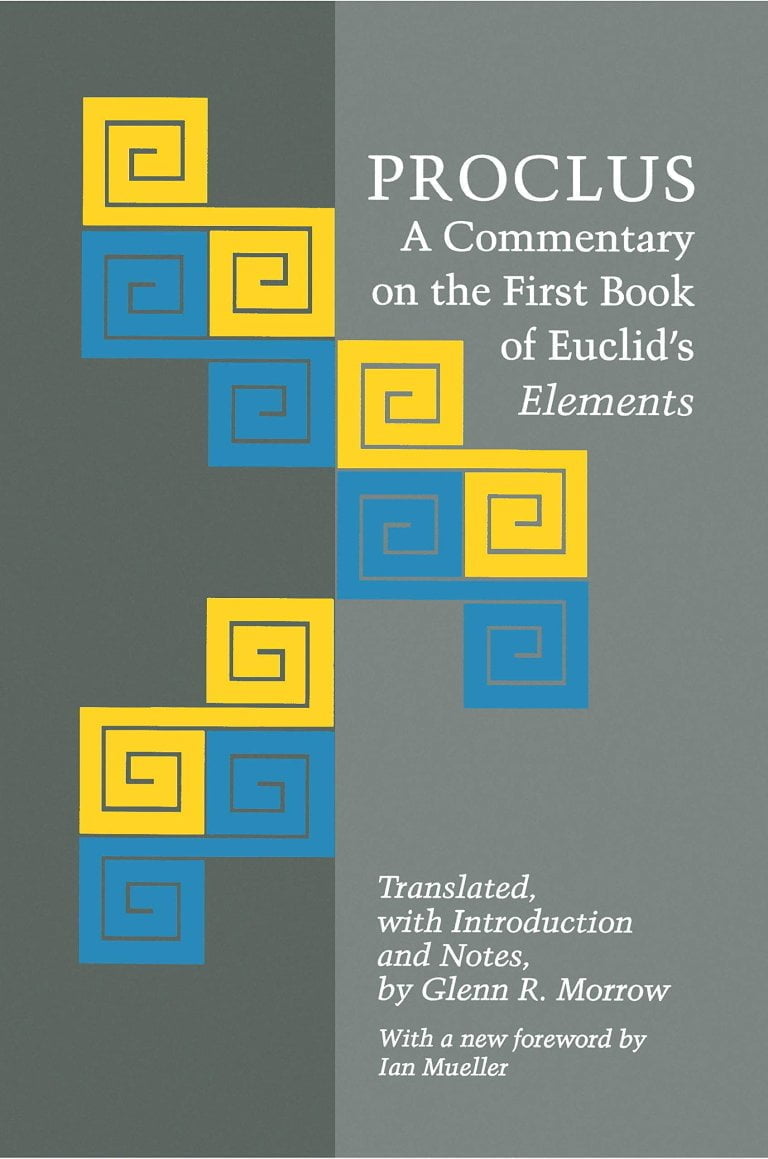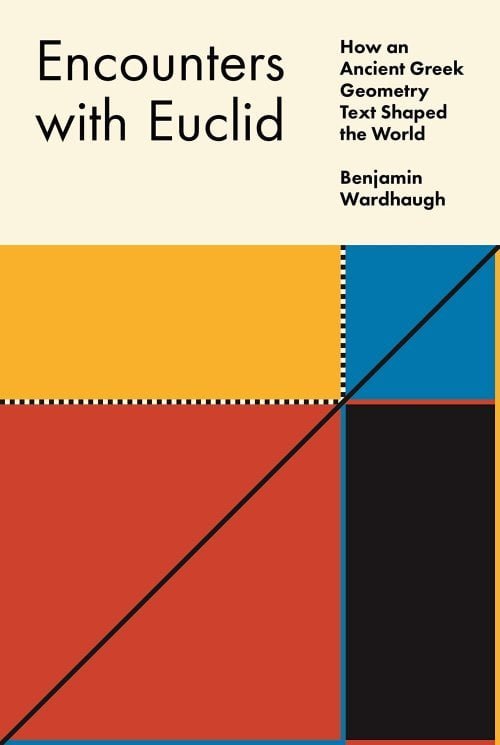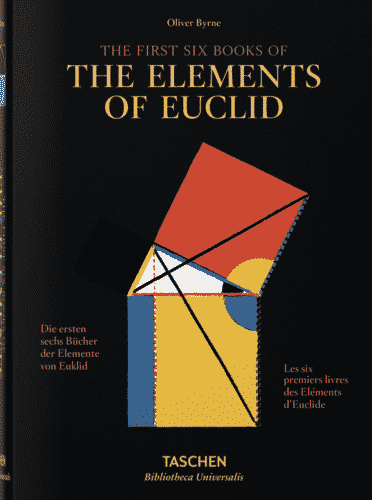As a math lover, it is important to understand the origins and evolution of mathematical thought. This is precisely why Proclus: A Commentary on the First Book of Euclid’s Elements should be on your reading list. Proclus was a Greek mathematician who lived in the 5th century AD, and his commentary on Euclid’s Elements provides valuable insights into the foundations of geometry. Here’s a closer look at why you should read Proclus: A Commentary on the First Book of Euclid’s Elements.
Proclus Provides Insights into the Origins of Geometry
Proclus’ commentary offers an interpretation of the first book of Euclid’s Elements, which is a foundational text in geometry. This interpretation provides valuable insights into the origins of geometry as a field of study. Proclus explores the axioms and definitions used by Euclid to lay the groundwork for geometric proof. By reading Proclus’ commentary, you can gain an understanding of the thought processes that led to the creation of geometry as we know it today.
Offers a Comprehensive Analysis of Euclid’s Work
Euclid’s Elements is a complex and nuanced work that covers a wide range of topics in geometry. Proclus’ commentary offers a comprehensive analysis of this work, providing an in-depth look at each proposition and proof outlined in Euclid’s text. This analysis allows readers to understand the concepts covered in Euclid’s work and how they fit into the larger framework of geometry.
Provides a Window into the Mathematical Mindset of the Ancient Greeks
Proclus’ commentary on Euclid’s Elements was written in the 5th century AD when the ancient Greeks were at the forefront of mathematical thought. By reading Proclus’ work, you can gain a deeper appreciation for the mathematical mindset of the ancient Greeks and the legacy that they left behind. Proclus’ writing style is eloquent and poetic, offering a glimpse into the ancient Greeks’ passion and excitement for mathematical discovery.
Explores the Philosophical Implications of Geometry
Proclus’ commentary goes beyond a simple geometry analysis and delves into the philosophical implications of this field of study. He explores the nature of mathematical truth and the relationship between mathematical concepts and the physical world. This discussion is particularly relevant in our modern world as we grapple with science and technology’s philosophical implications.
Proclus Provides a Treasure Trove of Historical Knowledge
In addition to its mathematical insights, Proclus’ commentary is a valuable historical knowledge source. His work was heavily influenced by the teachings of Plato and Aristotle and the mathematical discoveries of his time. By reading Proclus’ commentary, you can gain a deeper understanding of the history of mathematics and the intellectual heritage that has shaped our modern world.
Proclus: A Commentary on the First Book of Euclid’s Elements is a must-read for any math lover. This work provides valuable insights into the origins of geometry, a comprehensive analysis of Euclid’s work, a window into the mathematical mindset of the ancient Greeks, and a discussion of the philosophical implications of geometry. Proclus’ commentary is also a treasure trove of historical knowledge that sheds light on the intellectual heritage that has shaped our modern world.
Proclus: A Commentary on the First Book of Euclid’s Elements is essential math book for any mathematics student or lover of intellectual history.




